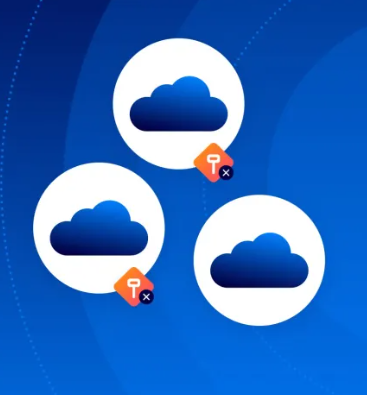
Cloud computing is everywhere, yet many people aren’t fully aware of how much they rely on it. Although the technical jargon can be overwhelming, the concept is quite simple once you strip away the complexity: cloud computing allows users to access and use applications, services, or data storage over the internet without needing to own or maintain the physical hardware.
A large part of cloud technology today falls under the category of Software as a Service (SaaS), where users pay only for the specific tools or space they need. This model supports many of the digital services we interact with daily, often without even realizing it. Let’s take a look at five practical ways cloud computing impacts our everyday routines.
1. Streaming Media and Entertainment
Whether you’re watching your favorite series, live sports, or movies, chances are the platform you’re using relies heavily on cloud infrastructure. Services like these stream video content through distributed servers, which work together to deliver smooth playback, adjust quality based on bandwidth, and recover from transmission errors in real time.
The reason these platforms are affordable for users despite the high cost of running them is due to the scalable nature of the cloud. Providers can divide resources and distribute content across vast networks, offering consistent quality at a fraction of the infrastructure cost.
2. Cloud-Based File Storage
From backing up family photos to collaborating on work documents, file hosting services like cloud drives have become indispensable. These platforms let users store, share, and synchronize data across devices through a centralized cloud system.
For frequent travelers or remote workers, this is especially valuable. They can access up-to-date documents from any location and any device without needing to carry external drives. Real-time syncing ensures changes made on one device appear instantly on others, making collaboration smooth and efficient.
3. Personal Data Security Apps
Cloud computing also plays a major role in safeguarding sensitive information. Password managers, for instance, store encrypted credentials in the cloud, allowing users to access them securely from multiple devices.
With the help of strong encryption protocols—often end-to-end—only the user can access the stored information. This not only improves convenience but also ensures data protection without the need for managing local files or installing complicated software.
4. Automated System Backups
Backing up data used to be a tedious manual task. Today, cloud-based backup solutions handle the job automatically. These platforms allow individuals and businesses to schedule regular backups of websites, software, or entire systems without lifting a finger.
By automating the backup process, users save time and reduce the risk of data loss due to accidental deletion, corruption, or cyberattacks. The ability to recover from failures quickly is one of the cloud’s most valuable features, especially for those who rely heavily on digital systems.
5. Smart Chatbots for Customer Support
Cloud computing is also behind many of the chatbots you encounter on business websites. These virtual assistants rely on cloud-based tools and machine learning algorithms to interact with users, answer common questions, and route inquiries to the appropriate department.
They help businesses manage high volumes of customer interactions without increasing support costs. From guiding visitors to the right product page to helping them submit a service request, chatbots powered by cloud infrastructure make customer support faster and more scalable.
Cloud computing may not always be visible, but it’s deeply embedded in our daily activities—from entertainment and work to security and support. As the technology continues to advance, its role in everyday life will only become more prominent and essential.












